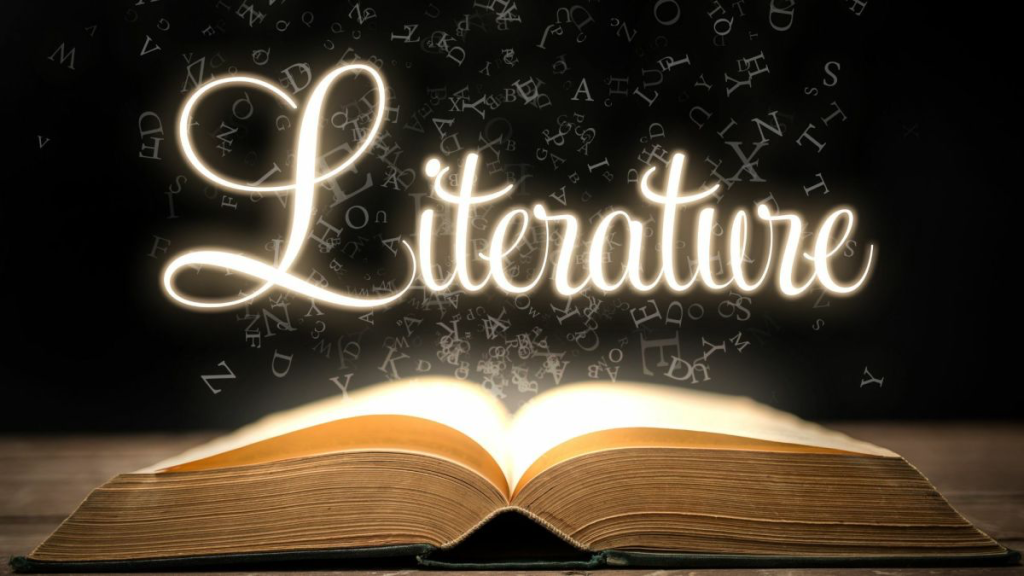
Recent advancements in English literary studies highlight a shift towards interdisciplinary approaches and digital innovations. Scholars are increasingly integrating insights from fields such as psychology, sociology, and technology to enrich literary analysis. This trend reflects a growing recognition of literature’s role in understanding complex human experiences and societal issues.
One notable development is the rise of digital humanities, which leverages computational tools to analyze large volumes of text. Digital tools, such as text mining and visualization software, allow researchers to uncover patterns and trends that traditional methods might miss. This approach is transforming how scholars engage with literary texts, making it possible to study and compare works on a scale previously unattainable.
Another significant trend is the focus on diverse voices and perspectives. Modern literary studies are embracing a broader range of authors, including those from marginalized communities. This shift aims to create a more inclusive and representative understanding of literature and its impact on different cultures and identities.
Additionally, the exploration of genre and form continues to evolve. Contemporary studies often blur the lines between traditional genres, reflecting the increasingly fluid nature of modern storytelling. This has led to innovative analyses of how new forms, such as graphic novels and online narratives, are shaping literary discourse.
Overall, these developments are expanding the scope of English literary studies, offering fresh insights and methodologies to understand and appreciate literature in today’s dynamic cultural landscape.
